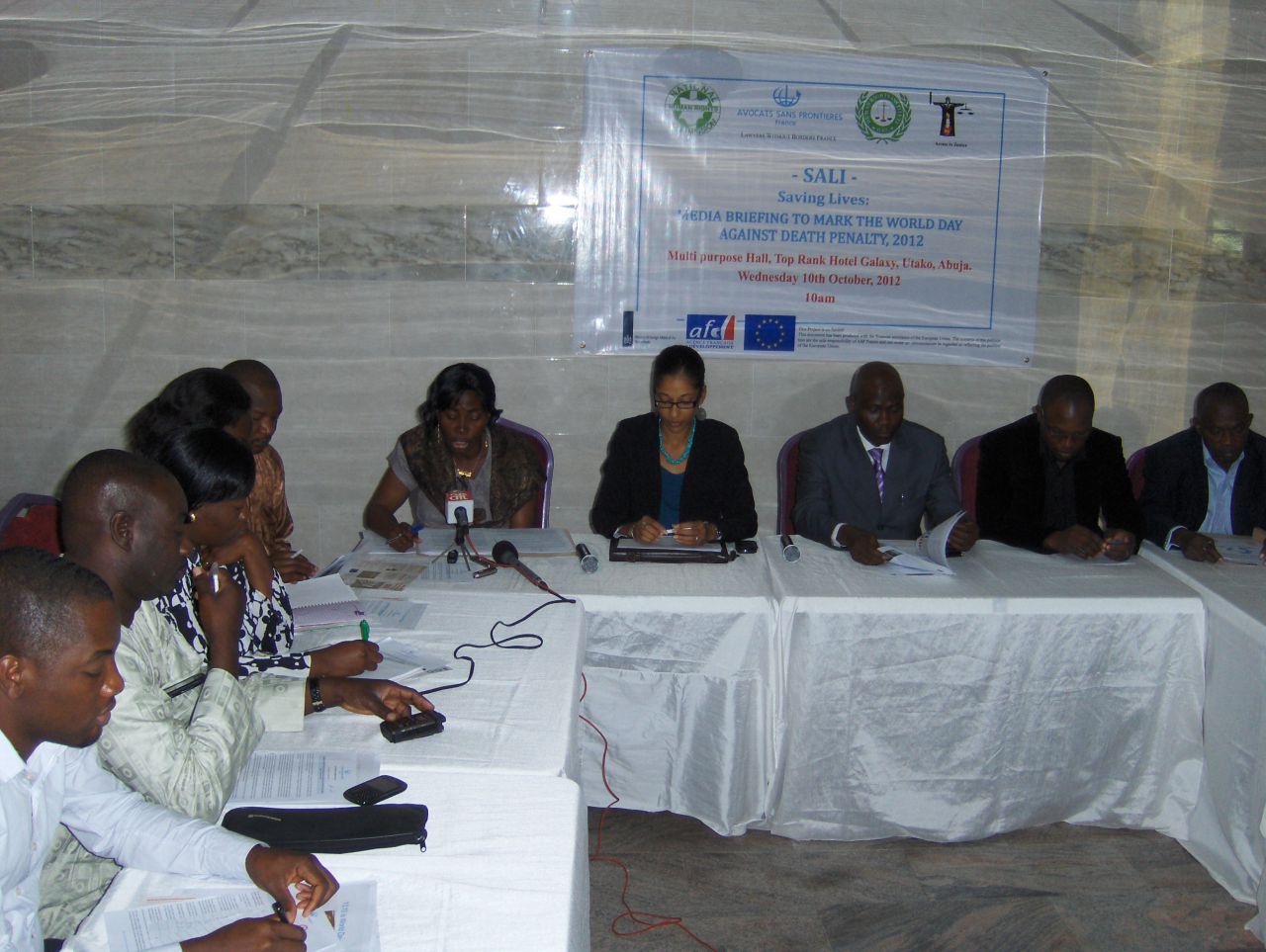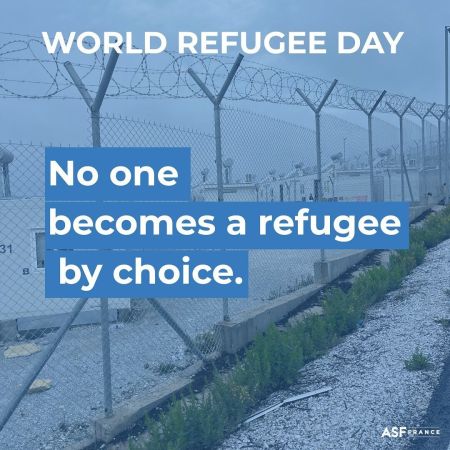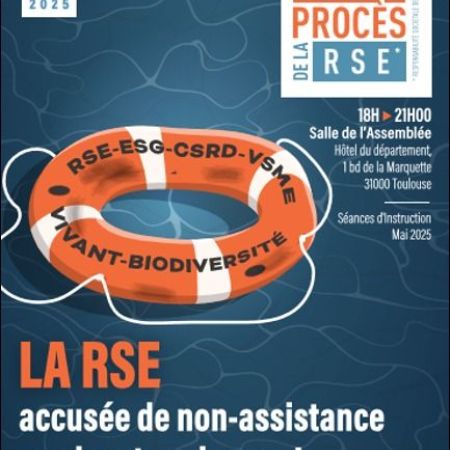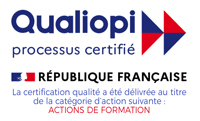Our Missions
Nigeria
SALI Saving Lives - Strengthening the role of lawyers in the fight against the death penalty in Nigeria
PROJECT DESCRIPTION
While in 2013, 4 prisoners sentenced to death were executed by hanging in Benin prison (Edo State), marking the end of a moratorium on executions observed for the past 7 years, the Court of Justice of the Economic Community of West African States (ECOWAS), in two groundbreaking judgments rendered on June 10, called for strict respect for the rules of fair trial and the rights of the defense in judicial proceedings leading to the pronouncement and execution of the death penalty.
Nigeria has more than 1,200 individuals on death row. Detention conditions were particularly worrisome, and torture was commonly used throughout the judicial chain.
The country's security situation was unstable, particularly in the northern states due to the presence of the Boko Haram movement.
OBJECTIVES
ACTIVITIES
The implementation of free legal assistance to prisoners facing the death penalty or sentenced to death by a network of 8 lawyers will be based on the following activities:
-
Legal assistance: The 8 relay lawyers will provide free legal assistance to prisoners sentenced to death, as well as to prisoners awaiting trial and facing the death penalty (identification and follow-up of cases).
-
Awareness-raising: In each target state, awareness-raising conferences and round tables on the death penalty will be organized with judicial and political actors and members of civil society.
-
Capacity building of lawyers: 8 relay lawyers are selected to carry out the legal aid activity: they will follow an initial training and then meet twice a year to work on the follow-up cases.
-
Advocacy: Communication and advocacy actions are organised, including the creation of a website, the broadcasting of radio spots and communication campaigns around emblematic cases.
-
Preparation and presentation of petitions before the African Commission or Court, and before the ECOWAS Court of Justice.
EXPECTED RESULTS
Legal aid
-
96 prisoners facing the death penalty and 48 prisoners on death row received free legal aid.
-
6 applications are filed before the ECOWAS Court of Justice or the African Court of Human and Peoples' Rights.
Capacity Building for Lawyers
-
6 practical workshops for the 8 bridge lawyers to share experiences and redefine the legal aid strategy
Awareness
-
A kick-off conference organised at the beginning of the project
-
400 representatives of local authorities and civil society were sensitized to issues related to the death penalty.
-
640 judicial actors took part in practical workshops on the death penalty
-
A final conference organized at the end of the project presenting a report on the death penalty in Nigeria
Advocacy actions
-
A website allows the dissemination and exchange of the information collected during the project.
-
Regular meetings with authorities at the local and federal levels
ACHIEVEMENTS IN 2014
-
Training of Nigerian lawyers to strengthen their skills in handling death penalty cases ;
-
Free legal aid provided by 7 local lawyers to more than 140 prisoners between 2011 and 2014;
-
Decision of the Court of Justice of the Economic Community of West African States (ECOWAS) concerning emblematic cases of prisoners sentenced to death;
-
Awareness raising, capacity building and dissemination of practical tools to nearly 400 judicial and political actors on the death penalty, fair trial, and prison conditions;
-
Organization of a conference in Abuja, Nigeria in July 2014 to present the achievements of the project and the challenges encountered;
-
Information campaigns on alternatives to the death penalty, including participation in talk shows and radio jingles;
-
Organization of a conference in Paris on November 27, 2014 under the chairmanship of Robert Badinter, entitled: Fight against the death penalty, judicial strategy and feedback from Avocats Sans Frontières France in Nigeria. More than a hundred people were present at this event.
The success of the applications brought before the ECOWAS Court of Justice
This first case concerns the prohibition of the sentencing of a minor to capital punishment.
Maimuna Abdulmumini is a young woman who was sentenced to death and then imprisoned with an infant for the alleged murder of her husband when she was only thirteen years old. The court ruled in June 2014 that the application of the death penalty against Maimuna, for a crime committed as a minor, constituted a violation of Article 6.5 of the International Covenant on Civil and Political Rights (ICCPR) to which Nigeria is a party.
This second case concerns the right to appeal a death sentence.
Mr. ThankGod Ebhos had been on death row for nearly 20 years and had been sentenced by a special court established by the military regime. In its June 2014 ruling, the court ordered Nigeria to remove Mr. ThankGod Ebhos from the death row list to protect him from the risk of execution while an appeal to the Edo State Court of Appeals is still pending. The Court ruled that any attempt to execute him before the outcome of the pending appeal would constitute a violation of Article 6.4 of the ICCPR. The governor of Kaduna State issued a release order in October 2014.
-
Case of Ms. Maimuna ABDULMINI
-
Case of Mr. ThankGod EBHOS
-
FINANCIAL AND OPERATIONAL PARTNERS
14th World Day Against the Death Penalty
Liberation of Maimuna Abdulmumini, "Free at last! ”
“ To advance the abolitionist cause in Nigeria. ”
ABOLITION NOW - 6th World Congress Against the Death Penalty
Final decision in the Maimuna case
Fight against the death penalty: going further
- Conference of November 27, 2014, Maison du Barreau de Paris :
- The death penalty in Africa by Lionel Nkadji Njeukam













